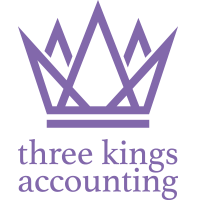Venture Capital Trusts (VCTs) are complementary to the Enterprise Investment Scheme (EIS), in that both are designed to encourage private individuals to invest in smaller high-risk unquoted trading companies affected by the equity gap. While the EIS requires an investment to be made directly into the shares of the company, VCTs operate by indirect investment through a mediated fund. In effect they are very like the investment trusts that are obtainable on the stock exchange, albeit in a high-risk environment.
What is a VCT?
VCTs themselves are quoted companies which are required to hold at least 70% of their investments in shares or securities that they have subscribed for in qualifying unquoted companies. VCTs have a certain time period in which to meet the percentage test.
Other conditions are:
- they must distribute 85% of their income
- they must have a spread of investments with no single holding accounting for more than 15% of the value of total.
VCTs are exempt from tax on their capital gains and there is no relief for capital losses.
Reliefs available to investors
Income tax relief of 30% is currently available on subscriptions for VCT shares up to a limit per tax year of £200,000.
To qualify for income tax relief the shares must be held for a minimum of five years.
Investors are exempt from tax on any dividends received from a VCT although the credits are not repayable.
Capital gains arising on disposal of the shares are also exempt and for this relief, there is no minimum period of ownership. There is no relief for any capital losses.
Qualifying companies which a VCT can invest in
The definition of a qualifying company for VCT purposes is very similar to that applying for EIS. The company:
- must be unquoted, although shares on the Authorised Investment Market (AIM) are deemed unquoted for this purpose. They may become quoted later.
- must not deal in land, leased assets or financial, legal or accountancy services. In addition it must not be a trade that has a large capital aspect to it, such as property development, farming, hotels or nursing homes.
Over the years, governments make amendments to what are regarded as qualifying companies for a VCT to invest in. The thrust of the changes is to ensure well-targeted support for investment into small and growing companies, with a particular focus on innovative companies.
How we can help
It is not possible to cover all the detailed rules in a factsheet of this nature. If you are interested in investing in a VCT please contact us for further information.


